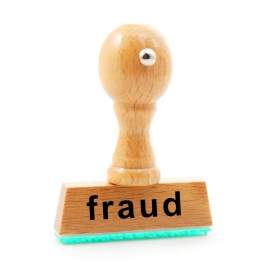
The Truth In Lending Act

The Truth in Lending Act (TILA), enacted in 1968, is a Federal law of the United States that ensures consumers will be made aware of the terms when borrowing money and making purchases on credit. It requires all credit companies to be absolutely clear on credit terms so that the consumer will be fully aware of the conditions.
The TILA restricts the practices of any institution or business that is offering credit to consumers at regular intervals. This generally excludes those who extend credit exclusively to businesses or commercial enterprises. This piece of legislation mandates that credit companies must express their terms and conditions in a written contract that is clear and concise in its terms.
Basically, the terms must be easily understandable by a consumer who has the same knowledge as a reasonable person. Also, the written terms must be made available to the consumer in a form of documentation that the consumer may keep.
A closed credit transaction includes arrangements between a creditor and consumer where there is a specific amount of money financed in advance by the creditor in which the consumer must eventually pay back. A common type of this loan is when a home-buyer or builder requests a mortgage on a house.
A mortgage is a loan that is secured by real property. The mortgage will be awarded in order to provide financing for an individual to purchase or build the home. The mortgage will usually be obtained from the bank. A mortgage will be paid by the recipient, usually monthly, at a specified interest rate. According to the Truth In Lending Act, there are several features of a mortgage loan that must be disclosed by the credit company:
The name of the credit institution or individual creditor
The amount of money that is being financed
Interest rate
Additional charges, such as finance charges
Payment schedule. A detailed schedule that includes exactly how much money will be be paid back, at what intervals, and the dates of due payment
Provisions that will specify what will happen in the event of a failure to pay, including late payment penalties
Any other information that may be necessary for the consumer to be aware of.
If any of these requirements are violated, the credit company will be liable for damages. However, if the creditor fixes the mistake within 60 days of the credit loan. If the error was completely unintentional and the result of a genuine mistake, then the creditor may receive some leniency from the court.
The Truth in Lending Act does not actually regulate prices to credit companies, meaning creditors are able to charge any amount they please for financing money to consumers. The main goal of TILA is to ensure that creditors are disclosing all the terms and conditions associated with the credit loan. This way, consumers are free to compare the fees of creditors and determine what is the best creditor with whom they should do business.
NEXT: What is the Consumer Protections Act





















